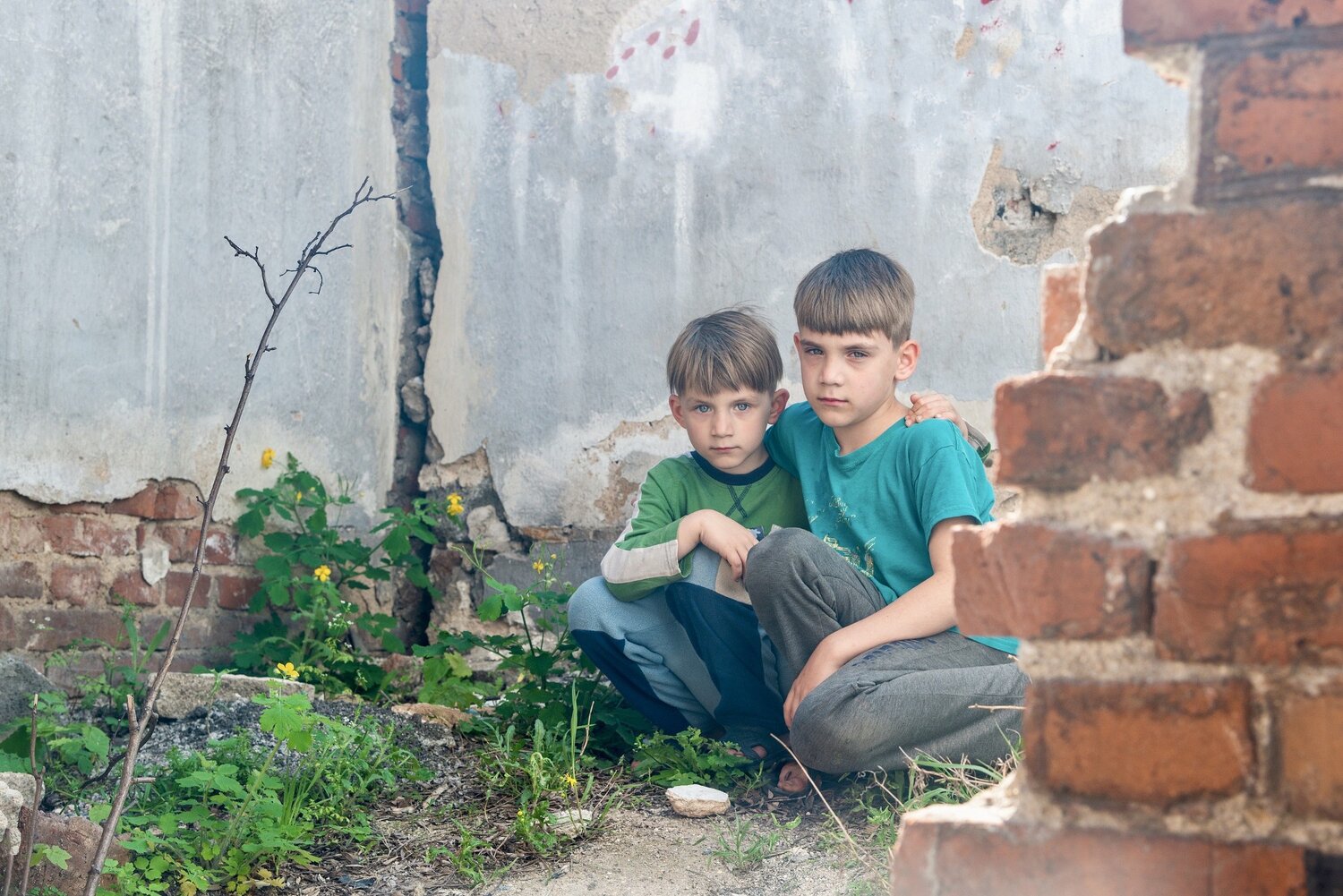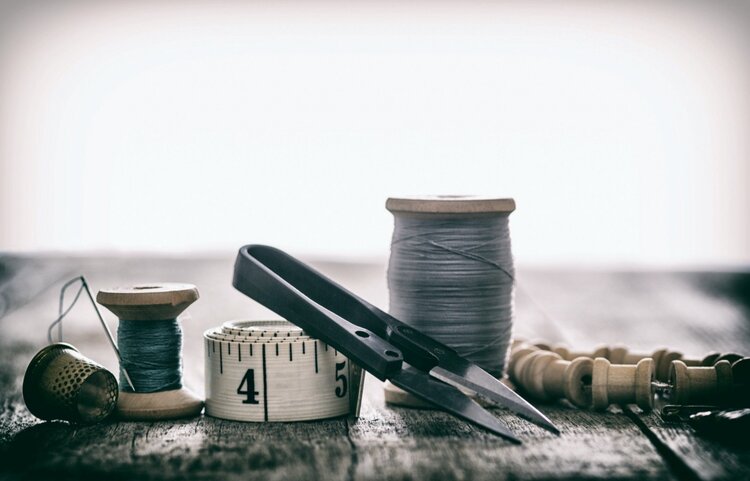Here I sit, on the cusp of Father’s Day, feeling both with and without Father — while the earth has a fever and pirates run amuck.

I remember my father crying. I’m not sure when or at what age, though I could venture a guess — I was (perhaps) six. It was over our beagle. In my fifty-one years, I’ve witnessed men cry over dogs more than anything else.
Men’s tears can be elusive, poignant, and fleeting — the rain that softens deserts. Perhaps this is what father hunger is, more of a thirst than a pang — a universal longing for what is muscle to become water. As Father’s Day nears, it has me pondering, what does it take to be a good father — to be a fully present dad? What is the cultural legacy of fatherly absence, be it physical, emotional, or both?
I am a woman and a mother. I make no claims to have personal experience with living in the body of a cis-gendered male or being a father. I risk coming off as critiquing. There are good men in this world. There are earnest men in this world. They show up daily and bring their best. I have experienced and witnessed men at their best. Soft and solid. Breath and bone. Able to cry and shout at the heavens, leading with humility, grace, and integrity.
I have experienced men at their worst. Walking out on fatherhood, being on the receiving end of a fist, or equally painful, a word that packs a punch at what resides between my legs. Perhaps most confusing, I have experienced such vulnerability and destruction coming from the same men; men I have loved and trusted. Many have experienced variations of this. Father-hunger transcends gender, hitting us individually and societally. Given our current political climate, I believe, the US is currently a land of orphans. We are without a father, and to date, show little interest in a mother (though I’m confident, we’d all benefit from a hefty dose of Her).
To be wrapped in the arms of a father who keeps monsters at bay and simultaneously shushes and soothes is profoundly comforting and protective. The presence of masculine energy that can laugh and cry, lead and submit, love, and be loved, shelters us. And it begs the question(s): what if protection and nurturing are synonymous? What if providing equals feeding hearts as well as bellies? When we genderize emotions and behaviors, what are the ramifications for our children and our society? If mothering equates to affection, tenderness, nurturing, devotion, and fathering, it translates to protecting, providing, stoicism and strength, where does love land? When love gets genderized, and the very language a father speaks must omit a constellation of words, tones, and gestures deemed too feminine, what type of father remains?
On thesaurus.com, the word protection is synonymous with invulnerability, which unsettles me to no end. To be without vulnerability is to either be dead or without heart. Nothing about either is protective. The disavowing of vulnerability is indicative of a culture with a wall so towering that it’s no wonder we can no longer elect a leader, much less have meaningful dialog. Like the lost boys, we’ve grown feral. Donald Trump is a man who will not uncloak and espouse empathy, cry, or admit error. His very being has ushered us to Neverland, with all its Disneyesque gaud and drama, and where we will never, ever, grow up. Remember that Peter Pan was without father or mother — that he did not have a shadow attached to his heel. That it was Wendy who tirelessly sat by the window with needle and thread in hand. A man severed from his shadow must not be trusted.

I have a dad who loved me. He did not have a son, but rather, two rambunctious girls who were eager to shadow him. He took us fishing trout and tracking deer. He taught us to plant cherry red radishes and shoot a 12 gauge shotgun. I remember my ten-year-old sister’s silver braces getting knocked off her front teeth from the gun’s kick back, and how she sported a ruddy ring stamped from the blow of the scope on her forehead.
Like many men of the Silent Generation, he was rain, and he was thunder. He loved booming fireworks and the sleepy Berkshire woods. In November, he’d bring home a buck and string it up in our garage, crimson blood pooling on the concrete floor below. There was the night he couldn’t shoot our hound, who lay crippled and ailing in the moonlight. My father sitting quietly by her side, rifle in hand, tears streaming down his face. In hindsight, I never saw those tears. I was sleeping. But I woke to the story of them.
Dr. John Gottman, a leading researcher in the field of marital distress, has spent the past 40 years researching relational demise. His findings afford us a path towards embodying love that transcends gender — offering husbands and fathers alike a roadmap to a deeper connection, better health, and the ending of familial legacies marked by control, rage, loneliness, and the generational trauma that ensues. He speaks to the acceptance of influence, which is a sharing of power. It is a critical concept that resides at the heart of Gottman’s findings, which also factor in gender — concluding that the issue of not accepting influence tends to be primarily one-directional. That by and large (for reasons much broader than the scope of this essay), women are mainly oriented to share power and, in turn, cultivate reciprocity in relationships. Men, on the other hand, are more apt to struggle in this arena.
According to thesaurus.com, the number one antonym for power is impotence. Followed by impairment, uselessness, weakness, and so on. Finally, ranking in at number eighteen, we land on yield, which appears to have inched its way into this category as an afterthought. Go further down the rabbit hole, and you’ll see that yield correlates with bow, a term deemed synonymous with accept. These words: power, impotence, yield, and accept uniquely convey values and implicit bias. And while some of us might be open to yielding, few would welcome impotence.
How do we, as a society, regard husbands and fathers when they fall off their white horses and submit? How do men reconcile what is tender in themselves with a language that morphs this very tenderness into castration?
We must extricate patriarchy from masculinity, impotence from yielding, and invulnerability from protection. We must carry bucket loads of grief for every kicked dog, slapped child, drowned kitten, stolen sister, broken boy, snuffed out brother, bereft mother, and fatherless father. We must work tirelessly, performing the tedious task of sewing on our shadows so that we are grounded and connected by the thread of common humanity.
This Father’s Day, I’m grateful for father’s tears and thankful for every man who can be silly, say he’s sorry, and love a dog. I’m holding awe for the bravery and strength that men demonstrate when they risk vulnerability and lay down their weapons, choosing courage over comfort — connection over self. Men who hold mother as well as father in the cup of their calloused hands. Who tear down walls while changing diapers. Bake bread while building houses.
This world both needs and wants you. We are thirsty. So please, bring on the rain.
